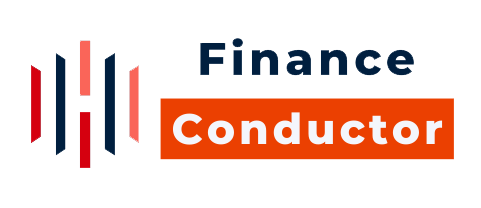Do you want to apply for life insurance? A vital financial instrument, life insurance offers your loved ones a safety net in the case of your untimely demise. By guaranteeing that your family’s financial commitments, such as mortgage payments, educational expenditures, and daily living costs, are met, it provides financial safety and peace of mind.
We will discuss the definition of life insurance, its advantages, the various varieties that are offered, and how to select the best coverage for your needs in this informative blog.
What is Life Insurance
Life insurance is a contract between an individual and an insurance company that provides for the payment of a lump sum to the beneficiary upon the death of the insured in exchange for the regular premiums the individual pays to the insurance company.
Benefits of Life Insurance
Financial Security for Your Loved Ones
Your beneficiaries’ financial security is the main advantage. The death benefit that your loved ones get can be used to pay for funeral costs, unpaid credit card bills, mortgage payments, and other financial commitments.
Income Replacement
Life insurance can compensate for any income lost as a result of your passing, enabling your family to continue living comfortably. It offers a financial safety net for necessities like groceries, electricity bills, and medical payments.
Debt Repayment
Debt repayment options include using this to settle credit card debt, personal loans, and mortgages. This stops the financial liabilities from being passed down to your loved ones.
Education and Future Planning
Earnings can be used to pay for your children’s education, preserving their ability to pursue their academic objectives. Additionally, it can be utilized to leave a financial legacy or improve long-term financial stability.
Business Continuity
Life insurance is essential to the planning of a company’s succession. It can assist in making sure that your company keeps running smoothly even after you pass away if you own a business. It can offer capital to buy out your stake in the company or help with a seamless transfer of ownership.
Types of Life Insurance
Term Life Insurance
Term life insurance provides protection for pre specific time, 10, 20, or 30 years. It provides a simple and cost-effective choice for people who seek coverage for a specified period of time. The beneficiaries receive the death benefit if the insured dies during the policy’s term. However, no benefit is provided if the insured lives past the policy’s term.
Whole Life Insurance
As long as the premiums are paid, it provides protection for the insured for their whole lifespan. It gives complete life coverage to people. It mixes the death advantages with the value of the monetary element. Throughout the insured’s lifetime, the policy accrues cash value that can be accessed through withdrawals or policy loans.
Universal Life Insurance
A flexible policy that combines a death benefit and a cash value element is known as universal life insurance. The death benefit and premiums can be changed to better suit the policyholder’s evolving needs. When it comes to premium payments and death benefit amounts, is more flexible than whole life insurance.
Variable Life Insurance
Variable insurance offers a death benefit and a cash value component that can be invested in stocks, bonds, or mutual funds, among other types of investments. The performance of these investment options can influence how much the cash value increases.
Choosing the Best Life Insurance
Take into account the following elements while choosing a life insurance policy:
Coverage amount
Determine the amount of coverage your loved ones would require to maintain their standard of living, settle debts, and achieve future financial objectives.
Premiums
Assessing your financial situation will help you determine whether paying premiums is both manageable and long-term.
Policy terms
Determine the right term duration for your policy based on your financial obligations and the ages of your dependents.
Riders and Added Advantages
Investigate add-ons that can improve the benefits of the policy but may raise the rates, such as critical sickness coverage, disability coverage, or waiver of premium.
Insurance Company
Verify the insurance provider’s financial stability and reputation to make sure they can uphold their promises.
Conclusion
This is a crucial financial tool that gives your loved one safety and financial security in the event of your passing. Keep in mind that it is a long-term commitment, so it’s crucial to frequently check and adjust your coverage to make sure it still meets your changing needs.






